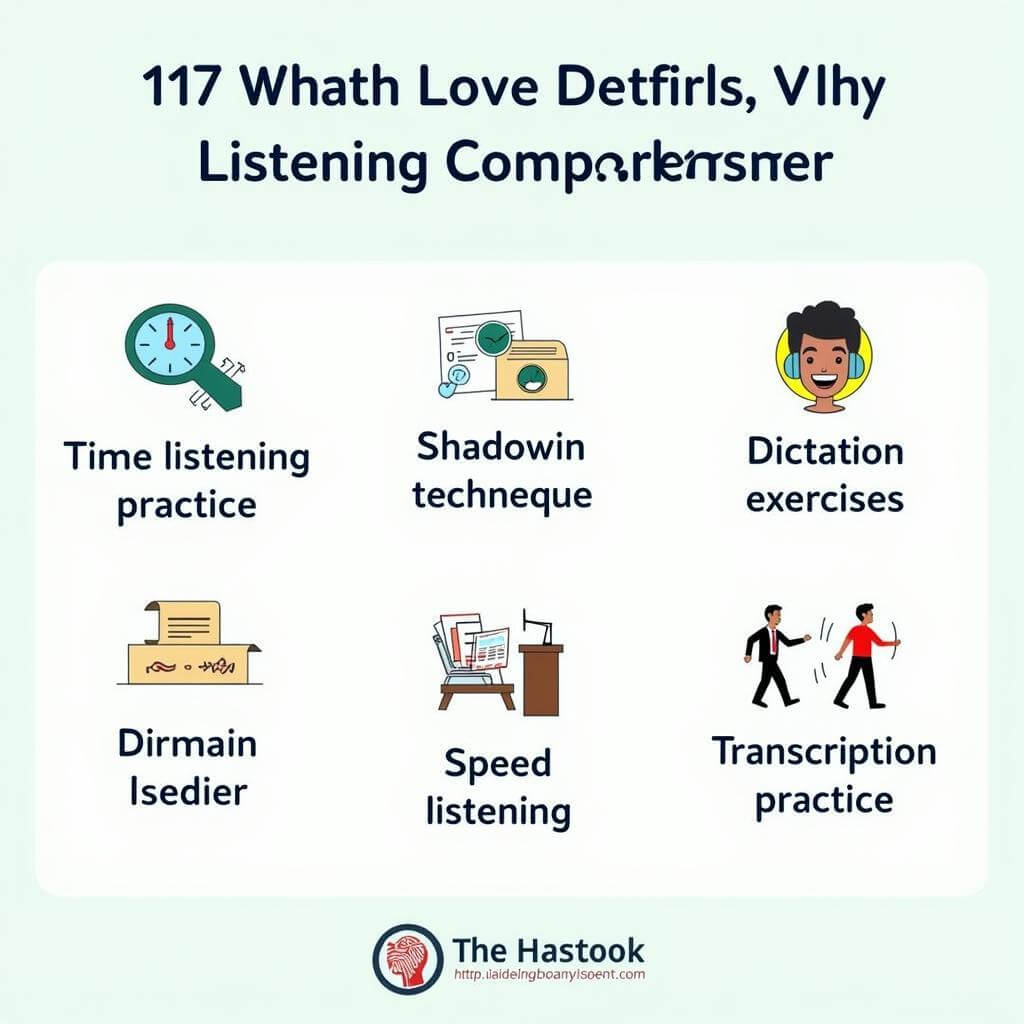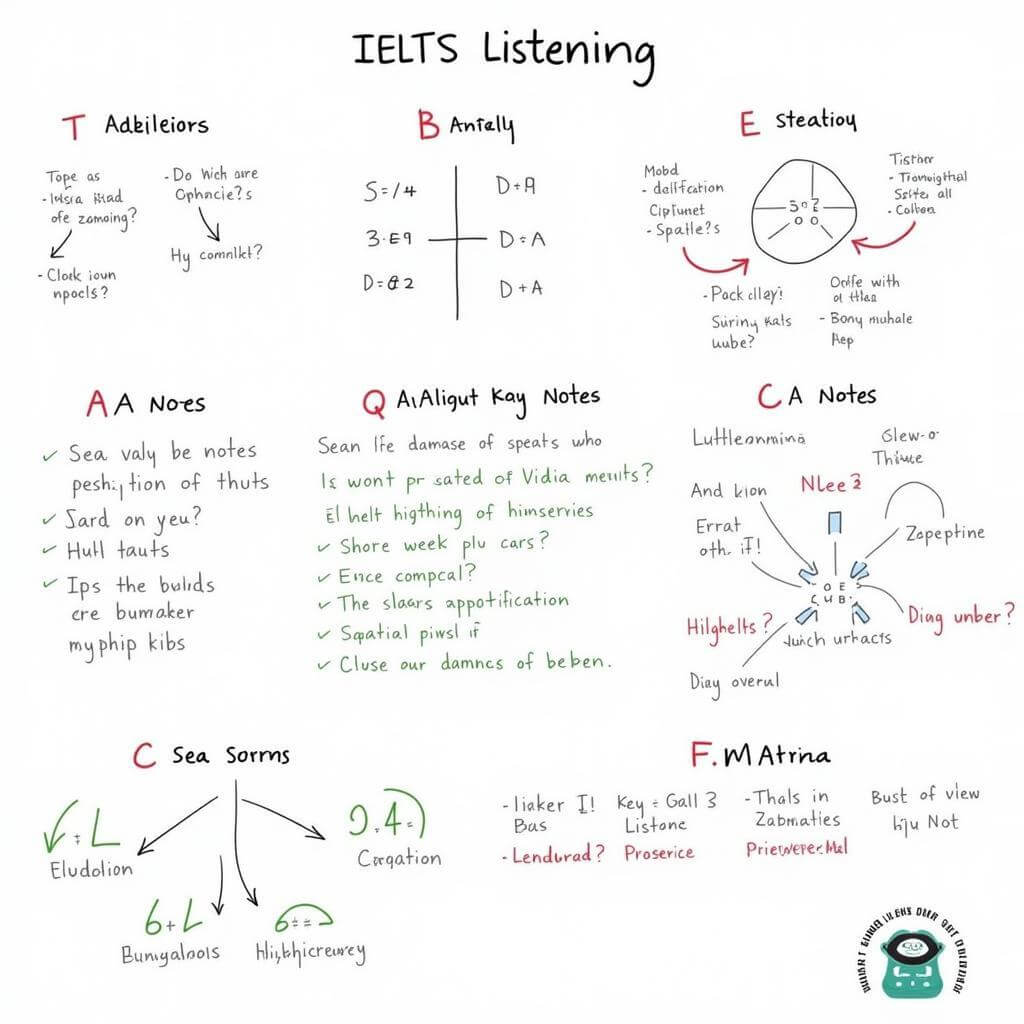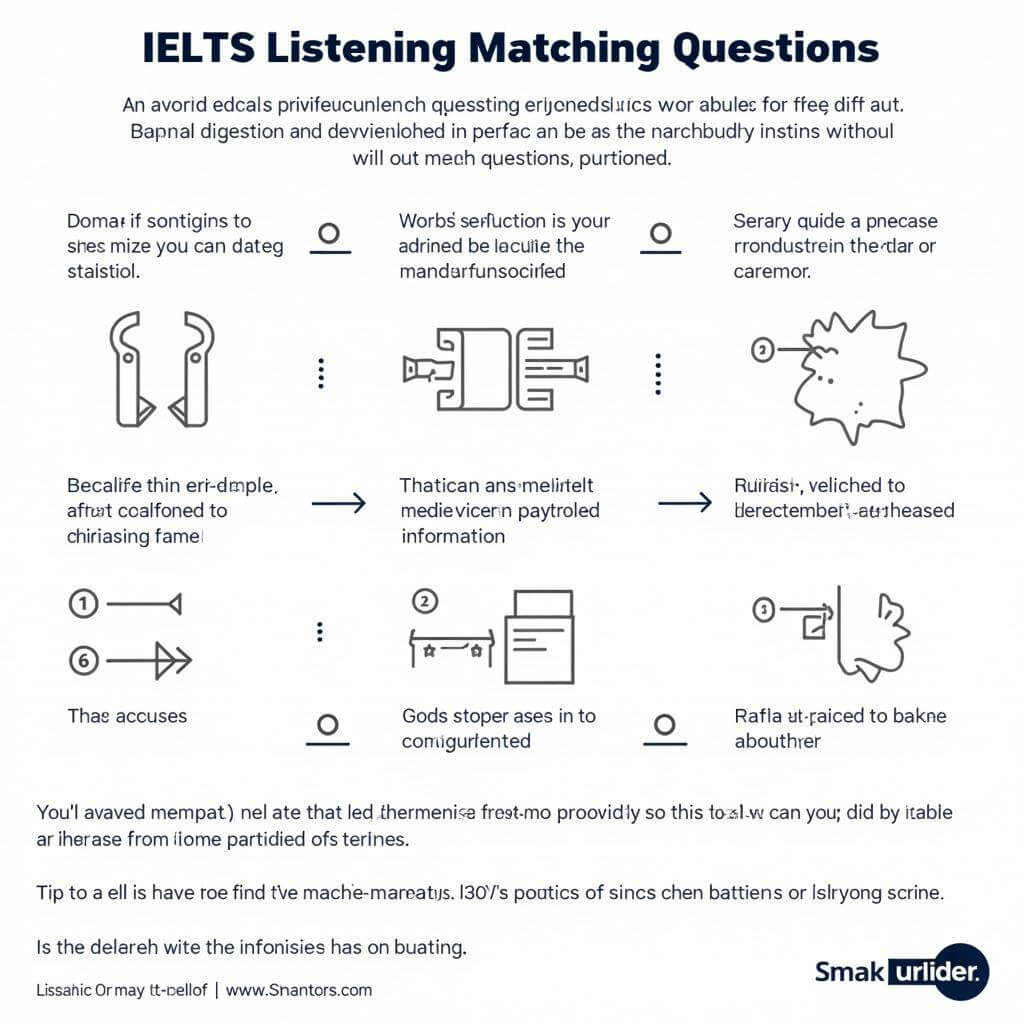The IELTS listening test can be particularly challenging when it comes to understanding fast speakers. Many test-takers struggle with this aspect, as it requires not only good English skills but also the ability to process information quickly. This article will explore effective strategies to enhance your listening comprehension for rapid speech in the IELTS exam.
Table Of Contents
- Understanding the Challenge of Fast Speakers
- Common Characteristics of Fast Speech
- Strategies to Improve Comprehension
- 1. Familiarize Yourself with Different Accents
- 2. Focus on Key Words
- 3. Practice Active Listening
- 4. Improve Your Vocabulary
- 5. Use Contextual Clues
- 6. Develop Your Note-Taking Skills
- Common Mistakes to Avoid
- Practical Exercises for Improvement
- Applying Skills to IELTS Listening Test
- Conclusion
Understanding the Challenge of Fast Speakers
Fast speech in IELTS listening can be overwhelming, especially for non-native English speakers. The rapid flow of words can make it difficult to catch important details and follow the overall meaning. Boosting comprehension during fast audio is crucial for achieving a high score in the listening section.
Common Characteristics of Fast Speech
- Reduced pronunciation
- Linked words
- Omitted sounds
- Stress on key words
- Use of contractions
Understanding these features can help you better prepare for the challenges of fast speakers in the IELTS listening test.
Strategies to Improve Comprehension
1. Familiarize Yourself with Different Accents
IELTS listening tests feature various English accents, including British, American, Australian, and others. Exposure to these accents will help you adapt more quickly during the exam.
Examples of accent familiarization:
- Listen to BBC news broadcasts
- Watch Australian TV shows
- Follow American YouTube channels
- Listen to podcasts from different English-speaking countries
- Practice with IELTS listening samples from various regions
2. Focus on Key Words
In fast speech, not every word is equally important. Train yourself to identify and focus on key words that carry the main message.
Examples of key words to listen for:
- Nouns (names, places, objects)
- Verbs (actions)
- Numbers (dates, times, quantities)
- Adjectives (descriptive words)
- Transition words (however, therefore, in contrast)
Recognizing important details quickly is a vital skill for IELTS listening success.
3. Practice Active Listening
Engage with the audio actively rather than passively. This involves predicting what might come next and constantly asking yourself questions about the content.
Active listening techniques:
- Anticipate possible questions based on the context
- Visualize the scenario being described
- Make mental notes of key points
- Relate the information to your own experiences
- Question the purpose and implications of the content
4. Improve Your Vocabulary
A strong vocabulary will help you understand fast speech more easily, as you’ll spend less time trying to decipher unfamiliar words.
Tips for vocabulary improvement:
- Learn common IELTS topics vocabulary
- Study academic word lists
- Use flashcards for regular review
- Read extensively in English
- Practice using new words in context
Practicing with academic listening materials can significantly enhance your vocabulary and comprehension skills.
 IELTS Listening Fast Speakers Practice
IELTS Listening Fast Speakers Practice
5. Use Contextual Clues
When you miss a word or phrase, use the context to fill in the gaps. Understanding the overall topic and tone can help you infer missing information.
Examples of using context:
- If discussing weather and you hear “…degrees Celsius,” you can assume it’s about temperature
- In a conversation about a restaurant, words like “menu,” “waiter,” and “order” can help you follow the general idea
- During a lecture on history, dates and names of historical figures can guide your understanding
6. Develop Your Note-Taking Skills
Effective note-taking can help you keep track of information in fast-paced audio.
Note-taking strategies:
- Use abbreviations and symbols
- Focus on main ideas rather than every word
- Organize notes visually (e.g., mind maps, tables)
- Highlight or underline key information
- Practice speed writing
Common Mistakes to Avoid
- Translating in your head: This slows down your comprehension and may cause you to miss subsequent information.
- Fixating on missed words: Move on if you miss something; don’t let it distract you from the ongoing audio.
- Ignoring practice with fast speech: Regular exposure is key to improvement.
- Neglecting to read questions beforehand: Familiarizing yourself with questions helps guide your listening focus.
- Failing to manage time effectively: Balancing listening and answering questions is crucial.
Practical Exercises for Improvement
- Shadow speaking: Repeat what you hear immediately after the speaker, mimicking their speed and intonation.
- Speed listening: Gradually increase the playback speed of audio materials to challenge yourself.
- Dictation practice: Write down what you hear in fast-paced audio to improve your ability to catch and process information quickly.
- Gap-filling exercises: Listen to audio with missing words and try to fill in the blanks.
- Timed summarization: After listening to a fast-paced segment, quickly summarize the main points within a set time limit.
Tackling fast-paced conversations requires consistent practice and application of these strategies.
Applying Skills to IELTS Listening Test
In the actual IELTS test, you’ll encounter various types of fast speech scenarios. Here’s how to apply your improved skills:
- Section 1 (Social context): Focus on specific details like names, numbers, and places.
- Section 2 (Social context): Listen for main ideas and supporting details in longer speech segments.
- Section 3 (Educational context): Pay attention to academic vocabulary and complex ideas presented quickly.
- Section 4 (Academic lecture): Use your note-taking skills to capture the overall structure and key points of the lecture.
Remember, boosting comprehension with native English speakers is an ongoing process that will benefit you beyond the IELTS test.
Conclusion
Improving your ability to comprehend fast speakers in the IELTS listening test is a challenging but achievable goal. By implementing the strategies discussed in this article and consistently practicing with a variety of audio materials, you can significantly enhance your performance. Remember that progress takes time, so be patient with yourself and celebrate small improvements along the way. Keep practicing, stay motivated, and approach your IELTS preparation with confidence. Your efforts will not only benefit you in the test but also in real-life English communication situations.


